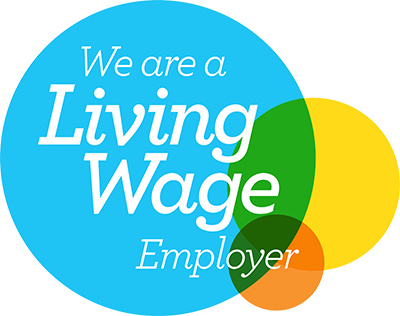
Beginning your search for a new position or being in the mist of navigating a career change can be overwhelmingly challenging. Whilst we are very lucky to have abundant resources at the click of mouse, there is such a lot of information out there that that itself can provide a web of conflicting information.
Below are 5 straightforward and easy key elements to consider when undertaking your job search within the private household sector.
There is a fine balance between having a profile on-line and not existing at all. Long gone are the days of simply having a written paper form CV. If you don’t have an online presence on professional networking sites (such as LinkedIn), your job search could be more challenging. Recruiters have also become much more social media savvy, and use these platforms to advertise current positions, create networking groups and headhunt. If potential employers can find your profile easily and you’ve curated it professionally, it may help you progress in the hiring process.
The way these platforms are being used has changed. Pre-pandemic there were certainly less individuals working in roles such as a Housekeeper with a profile on LinkedIn. Chefs are using Instagram more and more to showcase their culinary skills.
There is a fine line of course. We recognise the sector we work is an extremely sensitive and confidential one, which can be prone to media interest and most definitely made more vulnerable by the power of social media. Tight NDAs are used often, however, sometimes people can still mis-judge what they’re putting on-line. Let this be a reminder….DO NOT post anything related to your employer or your previous employer that they have not given you permission to post!
More and more employers also take to the web to check out any potential new employee’s profiles on social media as part of their standard background checking. Therefore, it is common sense not to post anything that you wouldn’t want a potential employer to see. To over-share could be fatal.
Firstly, we recognise that English may not be the first language of some candidates so that can be even tricker then when putting a CV together worded without grammatical or spelling errors. A good recruiter will work with you on this and support you to tidy up your CV and ensure that it reflects your experience in your own words.
For the rest of us… OK, we are all susceptible to human errors and this includes grammatical and spelling errors. Perhaps, ask a friend or family member to read through, proofread and then double proofread. If you’re a PA or applying for a role that is highly administrative, then most definitely try to ensure that the CV is triple checked before sending to a recruiter!
We believe that within this sector, a professional photo is important on a CV and can help recruiter and client/future employer gain a sense of you as a person. An example of a professional photo will be forward facing, neutral background, shoulder up, natural make-up and the most natural smiley you!
Before an interview, choose what to wear and how to get there to ensure you arrive a few minutes early. Also, where it can be provided, ensure you have the contact number for the client/interviewer (the recruiter should provide this).
Work with your recruiter as they are likely the best placed to advise you on dress code, how to present yourself and any etiquette to be aware of.
Always listen for the pause to speak. It is such a simple thing but over speaking in the interview is picked up on very quickly and can be red flagged. If you are interviewing as a couple, be aware of the dynamic between you both and perhaps practice how you interview together. From experience, there can be one individual who is much more comfortable speaking and controlling the narrative than the other, so it is working together for that balance!
Prepare your responses to common interview questions for your industry or position. It’s also important to consider questions you can ask the employer to show your interest and enthusiasm for the company or role.
We work in a sector that is guarded quite heavily by NDAs. Anyone that works within the Private Household sector recognises that there can be tricky and difficult situations that arise in the working environment- after all, the dynamic is so very different to a corporate setting. We are working for individuals within their personal ‘bubble’ in their personal space so naturally the employers are going to be very protective of confidentiality.
Generally, as a rule of thumb whether it is in the corporate world or in a Private Household it’s best to avoid making negative comments about previous jobs, employers, or staff. If you are in doubt of how to answer that tricky question of ‘why did you leave your last employer’ in a diplomatic fashion, ask your consultant as they will help guide you on this.
This can be a common issue within the Private Household sector. Again, going back to confidentiality/NDAs, some prior employers (rightly or wrongly) use this as a reason not to provide a reference. In this instance, you can use payslips as proof of employment and see if someone who also worked for the employer is willing to provide you with a character reference.
Ideally, if possible, you should try to get a written reference which you can share with recruiters and prospective employers. Consider preparing your contacts ahead of time and ask for their consent to list them as references.



